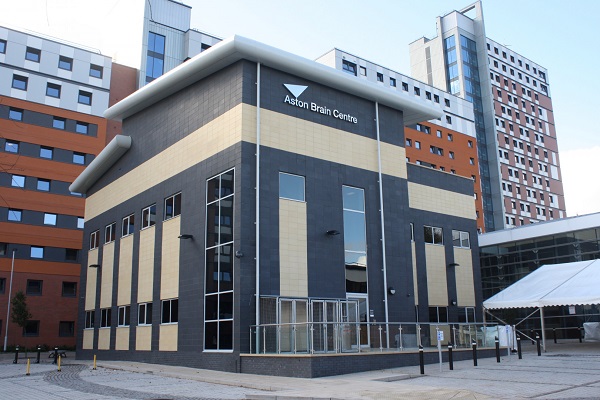Aston University: Aston University wins share of £10m for research to improve UK economic productivity
Experts at Aston University have won a £1.85m grant for research aimed at improving UK economic productivity.
The University-led project is one of seven research projects which will each tackle specific aspects of the so-called ‘productivity puzzle’. It is funded by the Economic and Social Research Council via UK Research and Innovation’s £10m Strategic Priorities Fund.
The projects will focus on under-researched topics in relation to improving productivity, including diversity, net zero and the green economy, financial markets, mental health, and wages.
The Aston University project will focus on how servitization can impact UK economic productivity and environmental performance such as net zero and the green economy and use these insights to influence industrial policy and practice in the UK.
‘Servitization’ describes the strategy of creating value by adding services to products or replacing a product with a service.
The project will investigate how industry can respond to environmental challenges by being innovative and potentially changing business models.
It will be led by the most highly cited authors on servitization, Professor Tim Baines, who is experienced in conducting large UKRI research grants, Dr Ali Z Bigdeli, a specialist in service-led business model design and innovation, and Dr Andreas Schroeder, a specialist in digital technologies for the development and delivery of industrial services.
The project team will further include; Dr Mirjam Röder, from Aston University’s Energy and Bioproducts Research Institute and a specialist in climate change and modelling and Dr Shereen Fouad a specialist in the field of data analytics and machine learning.
The Aston University team will collaborate with Professor Nigel Driffield and Professor Giuliana Battisti from Warwick Business School.
The findings will help policymakers and businesses take the steps necessary to improve productivity and raise living standards across the UK.
Tim Baines, professor of operations strategy and executive director of the Advanced Services Group, as well as Aston University’s principal investigator of the EPSRC-funded NetworkPlus on Digitally Enabled Advanced Services (DEAS), said:
“This research will be extremely valuable in making the UK more productive and a place with higher living standards.
“My team will also have a focus around the industrial environment in the UK which is at a most critical moment.
“In comparison with other G8 economies, the UK has below average real productivity growth, both in measures of output per hour and output per worker across service and manufacturing industries.
“The UK industry is also lagging behind in addressing environmental and climate change issues, compared to other leading world economies, and is unlikely to reach the ‘net-zero’ greenhouse-gas emission level set by the Committee on Climate Change.”
ESRC’s interim executive chair, Professor Alison Park, said:
“UK productivity levels have been poor by international standards and have stagnated in recent years.
“Funding research to understand the issues driving low productivity continues to be of paramount importance to the Economic and Social Research Council.
“So, we are delighted to be able to fund seven projects that will delve into the reasons behind the UK’s stagnating productivity and provide evidence to help boost productivity and improve people’s living standards.
“Expanding our research portfolio in this way could ultimately improve the lives of millions of people in the UK, as it is addressing arguably the UK’s biggest economic challenge.”
The projects start in April 2022 and will each run for three years.

